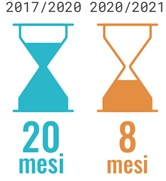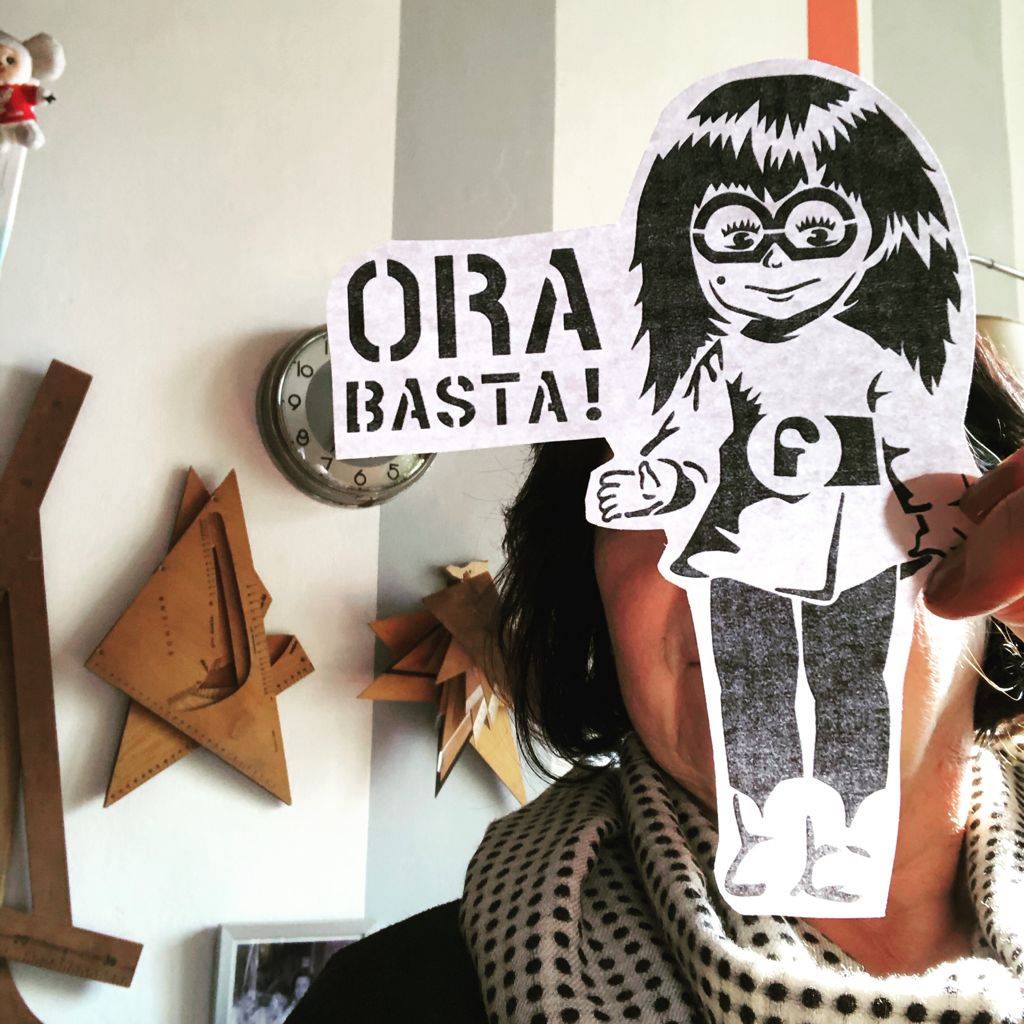Torino (IT) - Seventh ULG Meeting - May 11, 2022
Edited on
14 June 2022The seventh meeting of the Urbact Local Group (ULG) in Turin split into two moments. The urban commons office.
Laura Socci from the urban commons office presented data from the monitoring of the Pacts of Collaboration active in the city. She focused on procedural timelines and processes, main activities, and critical issues to work on. The second phase involved collective review and discussion of the mappings developed by Urban Lab for the drafting of the Springboard Plan. In the background of the meeting, the ULG coordinator presented an internal evaluation questionnaire focused on the Urbact Local Group with the aim of understanding the replicability of the method.
Urban Commons after Co-City project
With the end of the Co-City project, the number of proposals above, compared to the public consultation phase (2017/2018), has decreased but has maintained a constant. This highlights the interest, on the part of associations and informal groups, progressively acquiring the commons in the city. In this sense, monitoring activities allow the office to check what potential and what critical issues have emerged from the signing of the Pacts.

A number of issues are highlighted that are possible to discuss within the ULG as they represent possible actions to simplify, when possible, procedures and spread the Pact of Collaboration for the shared management of public space.
Procedural Iter

Timelines
The procedural process involves managing relationships between actors from different sectors of the City and Districts. During the CO-CITY project, the average time between proposal and signing of the Pacts of collaboration was long. As an experimentation, the path had some critical issues to be resolved, especially concerning the issue of safety and risk prevention in terms of responsibility between citizenship and public administration.
With the new Regulation (No. 391), the step forward was to divide collaborative proposals into two different procedures. Pacts are defined as non-ordinary ones which retain the co-design phase for defining management activities and ordinary ones which are governed by a simplified procedure. The nature of ordinary Pacts, which are simpler in terms of space involved and proposed activities, has allowed the co-design phase to be skipped, decreasing the waiting time between proposal arrival and signing.
However, to calculate the average number of months waiting for signature of the Pacts of Collaboration there are:
- The technical times due to the monthly frequency of the Technical Board, which examines the new proposals, and the peremptory deadline of 60 days to respond to the proposers after a favorable opinion of the technical table;
- The variable times on which there are no set deadlines, in organizing co-design meetings and drafting approval of administrative documents.

Work perspectives
A new concept of public space has made the places already lived in and cared for by the inhabitants attractive and welcoming: schools use them for outdoor activities, students as study rooms, and associations promote activities and workshops.
In this context, the concept of public space as a urban commons assumes fundamental importance. This theme is at the center of the most recent reflections on the construction of public policies and the reconquest of collective spaces by the citizens, as resources for their own city and protagonists of a cultural change.
The monitoring activity returned great vitality despite the decrease in attendance caused by the pandemic emergency and the necessary social distancing. Nevertheless, some critical issues have also emerged that need to be addressed systematically:
- Poor communication with the offices
- Long times for the implementation of the agreements and communications
- Issues that remain unsolved - such as waste collection and water points
- Scarce economic resources
How is it possible to intervene? Possible working trajectories are:
- short term
- Activation of new collaboration proposals
- Management of pacts in progress
- Training on agreements and regulations - internal and external
- Specific training - green, communication addressed to the signatories of the pacts.
- long term
- Relationship with the Public Administration
- Organization and training for the management of agreements
- New forms of economic support
- Expand the communication and information network
Mapping Review - Urban Lab
The group then moved on to review the maps supporting the Springboard Plan by intervening and modifying the contents and graphic display of the following themes:
MAPPING THE EXISTING | MAPPING THE FUTURE PROJECT | TIMELINE OF URBAN REGENERATION PROCESS |
Given the complexity in defining a taxonomy of contents to be represented in the maps or not the group will review the plans again during the next ULG, before the final event in Turin.
 Submitted by Laura Socci on
Submitted by Laura Socci on
